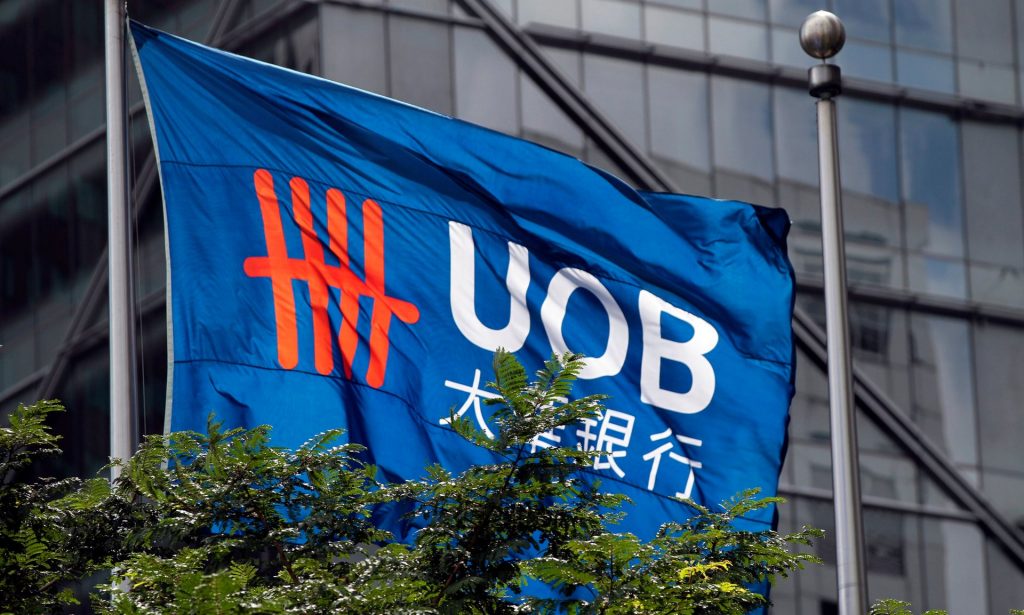
Photograph: Stephen Morrison/EPA
Singapore’s third-biggest lender has suspended new loans for the purchase of London properties as the aftershocks of Britain’s vote to leave the EU are felt around the world.
United Overseas Bank said it would “temporarily stop” issuing the loans because of heightened uncertainty following the Brexit decision.
“As the aftermath of the UK referendum is still unfolding and given the uncertainties, we need to ensure our customers are cautious with their London property investments,” a spokeswoman said.
Singapore’s biggest lender, DBS Group Holdings, said it would continue to issue loans for properties in the UK capital but was advising customers to be cautious.
Tok Geok Peng, an executive director for consumer lending at DBS Bank, said: “For customers interested in buying properties in London, we would advise them to assess the situation carefully before committing to their purchases as there could be potential foreign exchange and sovereign risks.”
Britain’s decision to leave the EU has sent shockwaves around the world, hitting global markets in the immediate aftermath of the result and putting policymakers on high alert for a renewed economic downturn.
International banks are once again under the spotlight following the deep financial crisis that erupted in 2008 when the collapse of US investment bank Lehman Brothers brought the global economy to the brink.
Investors are also fearful that Brexit will trigger a new property crash, as lower growth and higher uncertainty depress demand.
A number of high-profile deals in the commercial property sector are now in doubt, according to the trade publication Property Week, with buyers expected to try to renegotiate on price.
A £200m bid for Mulberry’s flagship store on New Bond Street in London’s West End is under review by Oxford Properties and joint partners Crown Acquisitions and Swiss luxury retailer Richemont, the magazine said.
Other deals at risk include the sale of Cannon Place in the City of London for about £465m, and the £190m acquisition of 1 Wood Street, also in the City.
Brexit jitters have hit the housing market, with buyers pulling out of deals immediately after the result was announced on Friday.
Estate agent Haart said there was an 11% rise in the number of people ditching property deals at the weekend compared with the final weekend of June 2015.
In the run-up to the referendum, the head of the International Monetary Fund warned of a housing market crash if Britain voted to leave the UK.
The pound has fallen since the shock result, particularly against the dollar. A weaker pound makes British goods and services cheaper for overseas buyers, potentially boosting tourism.
Searches by people in China for UK holidays “skyrocketed” after news of the Brexit decision broke, travel company Ctrip.com International said.
British luxury brands and goods, such as Burberry trench coats and Mulberry bags, are highly popular among China’s swelling middle classes.
“I wouldn’t be surprised to see Chinese and Middle Eastern tourists flocking to the UK as their purchasing value has increased,” said Edouard Meylan, chief executive officer of Swiss watchmaker H. Moser & Cie. “People are ready to travel to get a five to 10 to 20% discount,” he told Bloomberg.

